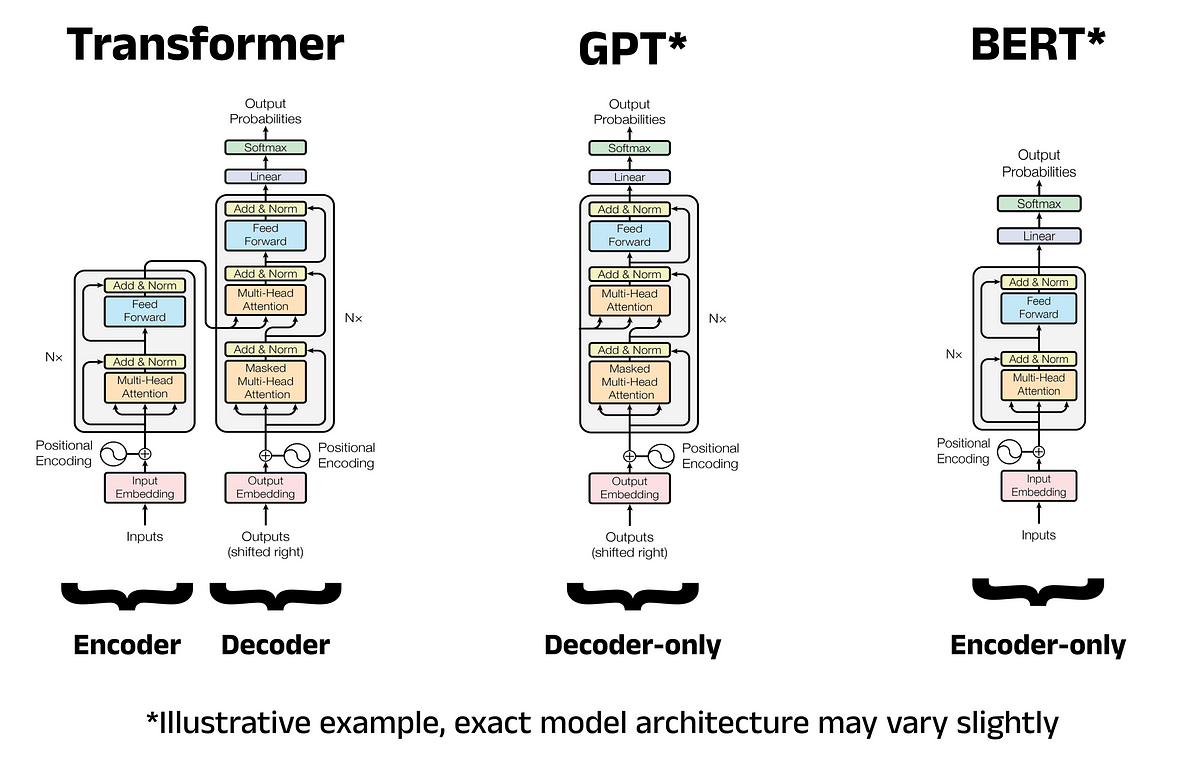No one understands the concept that change is the only constant in life better than a marketer. In the past 20 years, the number of MarTech solutions has grown from approximately 150 to over 11,000. We’ve witnessed the rise of mobile as its own channel, and then watched it seamlessly merge with online as the world became device agnostic. We saw the birth of social media, including platforms like MySpace. And just over a year ago, OpenAI introduced generative AI into our world. Reflecting on the experiences of the past 12 months and looking ahead to the next 12, it’s clear that we need to be prepared for even more change. As marketers, we prioritize customer focus, and in 2024, our abilities will be put to the test. In this article, I am excited to share some top trends for 2024 from exceptional marketing experts.
1. Embracing AI with Empathy: According to HubSpot’s upcoming State of Marketing report in January 2024, 64% of marketers are already utilizing AI in their roles. Many marketers have started exploring AI’s capabilities in content creation, market research, administrative tasks, and enhancing user experiences with their brands. This number is expected to continue growing in 2024. Sean Downey, Google’s President, Americas and Global Partners, believes that AI will be a significant trend in 2024, as marketers face challenges in meeting evolving consumer expectations and navigating a fragmented and rapidly changing media landscape. Downey emphasizes that AI cannot work alone and requires the expertise, creativity, and empathy of marketers to fully leverage its potential.
2. Leveraging Generative AI for Messaging Performance: AI tools are already assisting 46% of marketers with content creation. Christy Marble, a 3X CMO, highlights the accelerating adoption of generative AI in marketing. She suggests using messaging frameworks as core parameters in AI-enabled content platforms to ensure message differentiation and consistency. Marble recommends empowering teams with messaging rubrics, enabling them to utilize generative AI for self-review and continuous improvement. The focus should be on using generative AI to refine messaging and improve its delivery to the target audience at the right time and through the right channel in the customer journey.
3. Prioritizing Human-led Branding: As more marketers incorporate AI into their writing processes, there is a risk of an increase in low-value, generic content flooding the internet. To stand out, it is crucial to continue creating high-quality, human-led content that isn’t simply copied and pasted from a chatbot. Holly Bowyer and Julie Neumark, Partners at Media & Marketing Minds, emphasize the importance of anchoring brand messaging to a unique human voice. They advise marketers to see AI as an assistant that expedites research and distills it into consumable pieces, rather than relying solely on AI chatbots for messaging strategies.
4. Embracing Purpose-led Content: With the rise of generative AI in search, marketers have had to shift their SEO strategies to focus on personality-led thought leadership content that stands out on search engine results pages. Andrew Wheeler, CEO at Skyword, states that purpose-led content, driven by a deep understanding of the brand’s target audience and their needs, will be crucial in 2024. He emphasizes the importance of delivering content that fulfills functional, emotional, and social needs within the context of the audience’s lives. Genuine purpose leads to genuine relevance, and brands need to deliver standout content alongside the influence of AI tools.
5. Taking Ownership of the Customer Experience: Marketing leaders will expand their scope to own or influence every aspect of the customer experience, from the first touchpoint to product usage. Marketing will play a crucial role in customer advocacy, ensuring brand-consistent experiences throughout the customer journey, including onboarding, implementation, and customer support. In essence, marketing will become responsible for the end-to-end customer experience.
6. Making Decisions with Less Data: As click-through rates continue to decline and privacy laws and cookie policy changes limit available data, marketers will need to adapt and make decisions with less data support. Andy Crestodina, Co-founder and CMO at Orbit Media, sees this as an opportunity to return to traditional advertising methods that build awareness and trust. Creating videos, publishing research reports, engaging in PR, and collaborating with influencers will become essential strategies in the low-data era of marketing.
In summary, marketers need to embrace AI with empathy, leverage generative AI for messaging performance, prioritize human-led branding, create purpose-led content, take ownership of the customer experience, and adapt to making decisions with less data. By staying ahead of these trends, marketers can navigate the changing landscape and drive growth for their companies in 2024 and beyond.
Source link
























